On July 8–9, 2025, the “NACT Working Group Meeting: ASEAN-China AI Policy Alignment: Country and Regional Perspectives” was grandly held in Qianhai, Shenzhen. The Network of ASEAN-China Think-Tanks (NACT), established in 2014, is a key second-track diplomacy mechanism under the ASEAN-China cooperation framework, with a three-tier meeting structure comprising national coordinators’ meetings, working group meetings, and annual meetings. Its outcomes have been incorporated multiple times into official documents such as the Chair’s Statement of the China-ASEAN Summit.
Themed “Building a Harmonious AI Ecosystem to Promote Regional Prosperity,” this working group meeting was co-hosted by the Institute of Asian Studies at the China Foreign Affairs University and the Institute of Strategic and International Studies (ISIS) Malaysia, and co-organized by Shenzhen University’s Greater Bay Area-ASEAN Research Center and the Greater Bay Area-ASEAN Economic Cooperation (Qianhai) Forum Organizing Committee.
The opening ceremony was attended and addressed by Gao Fei, Vice President of the China Foreign Affairs University; Wen Ping, Deputy Director of the Shenzhen Qianhai Administration; Wu Baoshui, Deputy Secretary of the Party Committee at Shenzhen University; and Sivaram Superamanian, Head of the Digital Economy Division at the ASEAN Secretariat. Government officials, academic experts, and industry representatives from the China Foreign Affairs University, Shenzhen University, Tongji University, and ASEAN countries including Cambodia, Indonesia, Laos, Malaysia, Myanmar, the Philippines, Singapore, Thailand, and Vietnam gathered to discuss AI policy alignment and regional collaboration in depth.
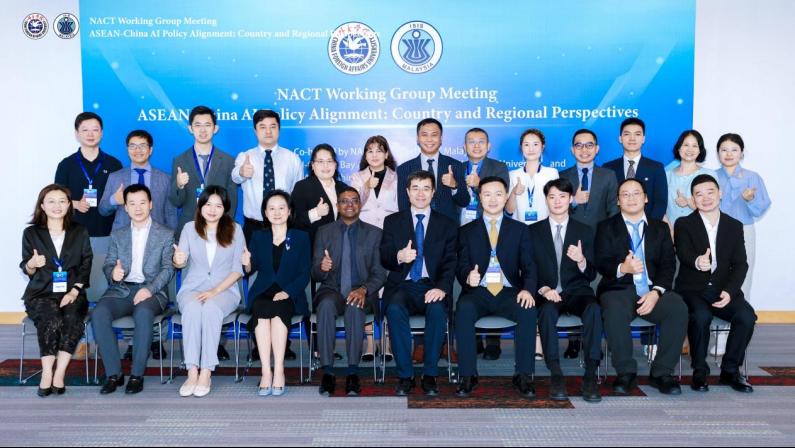
Opening Ceremony Speeches
During the opening ceremony, Vice President Gao Fei of the China Foreign Affairs University emphasized: “The prospects for China-ASEAN cooperation in the AI field are vast. We should jointly commit to establishing a people-centered, transparent, and inclusive regional AI governance framework to inject sustained momentum into regional development.”
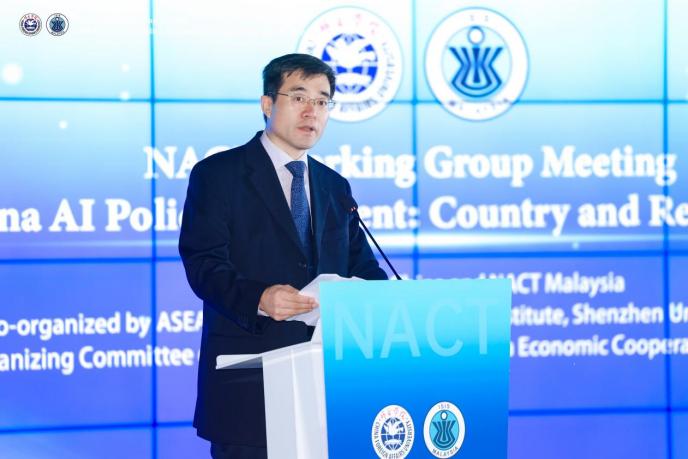
Wen Ping, Deputy Director of the Shenzhen Qianhai Administration, stated: “As a key engine of the Guangdong-Hong Kong-Macao Greater Bay Area, Qianhai is committed to promoting regional cooperation in the digital economy. Notably, since 2023, the Qianhai Administration has annually hosted the Greater Bay Area-ASEAN Economic Cooperation (Qianhai) Forum, establishing a regular international platform to deepen regional economic cooperation. We look forward to further aligning China and ASEAN AI policies through this meeting to promote shared prosperity between Qianhai and ASEAN countries.”
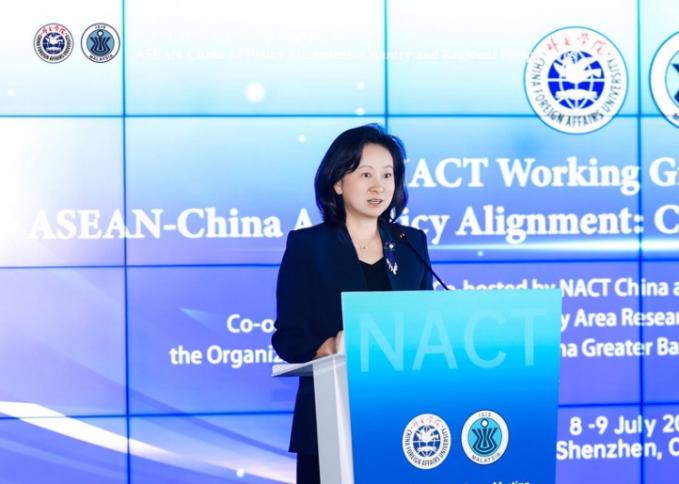
Wu Baoshui, Deputy Secretary of the Party Committee at Shenzhen University, stated: “Shenzhen University actively responds to national strategies, collaborating with tech companies like Huawei and Tencent to accumulate rich AI practical experience. We are eager to deepen cooperation with ASEAN countries in AI policy alignment, technology sharing, and talent cultivation.”
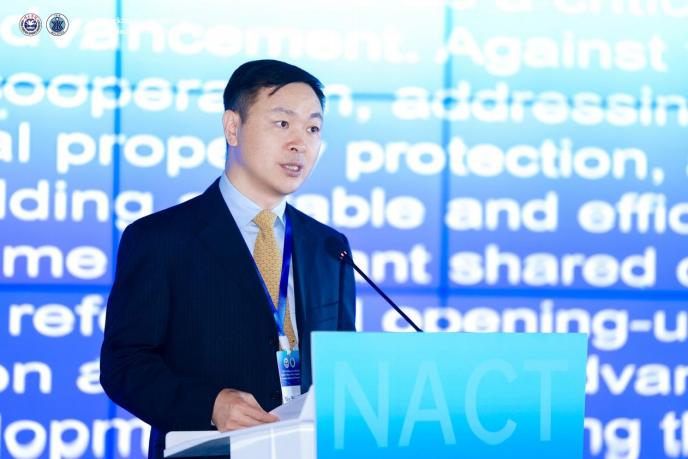
Sivaram Superamanian, representative of the ASEAN Secretariat, stated: “Strengthening AI policy alignment between China and ASEAN not only facilitates technological and market complementarity but also serves as a key guarantee for regional prosperity and stability. We hope ASEAN member states and China will enhance communication and dialogue in AI policy cooperation.”
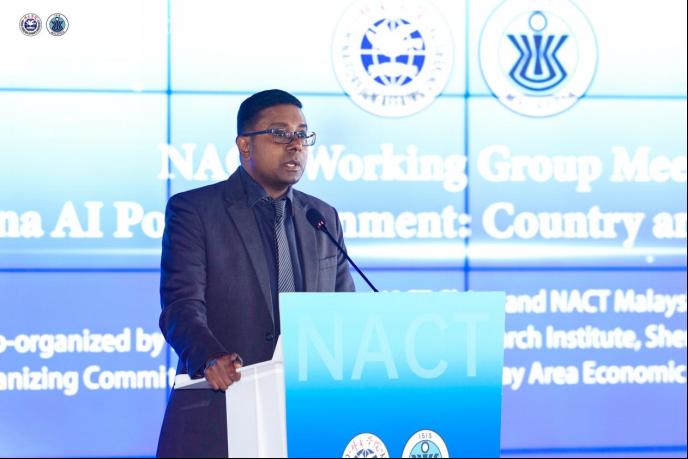
First Keynote Session
The first keynote session was chaired by Distinguished Professor Wang Yuzhu, School of Government at Shenzhen University and President of the ASEAN Branch of the Chinese Association for Asia-Pacific Studies.
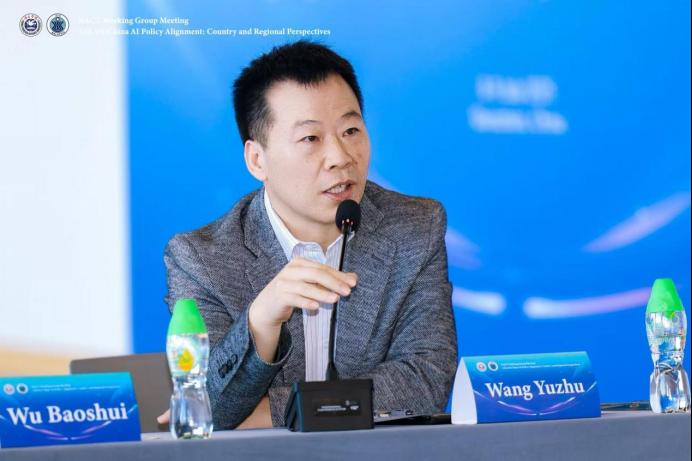
Neth Chanranuth, researcher at Cambodia’s Institute for Peace and Cooperation, detailed Cambodia’s current AI development opportunities and challenges, stating: “Cambodia is actively promoting digital government construction to improve quality of life. However, AI infrastructure, talent cultivation, and ethical oversight require collective efforts. We hope to closely collaborate with ASEAN and China to establish a transnational AI trust and cooperation mechanism.”
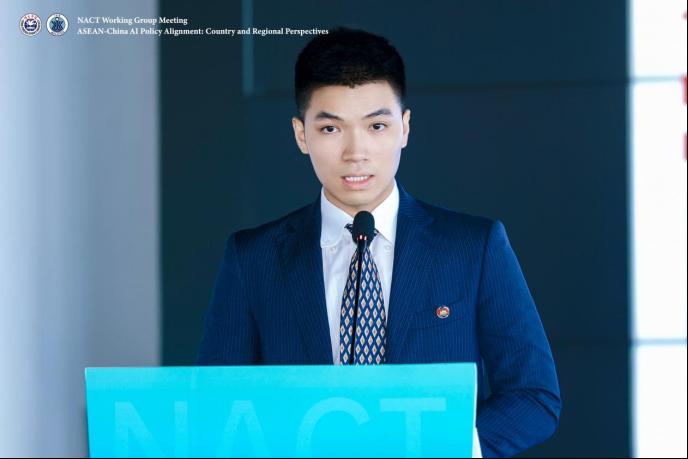
Distinguished Professor Zeng Jingjing from the School of Government at Shenzhen University and the Innovation Base for Income Distribution and Modern Finance, supported by the Ministry of Education and the Ministry of Science and Technology, presented case studies on AI cooperation between China and ASEAN countries in fields such as education, healthcare, smart cities, and retail. She emphasized: “The success of AI cooperation hinges on robust policy coordination mechanisms, particularly with regard to managing policy risks related to data compliance, intellectual property protection, and technological ethics. Both parties must collaboratively establish a long-term, effective framework for AI policy coordination.”
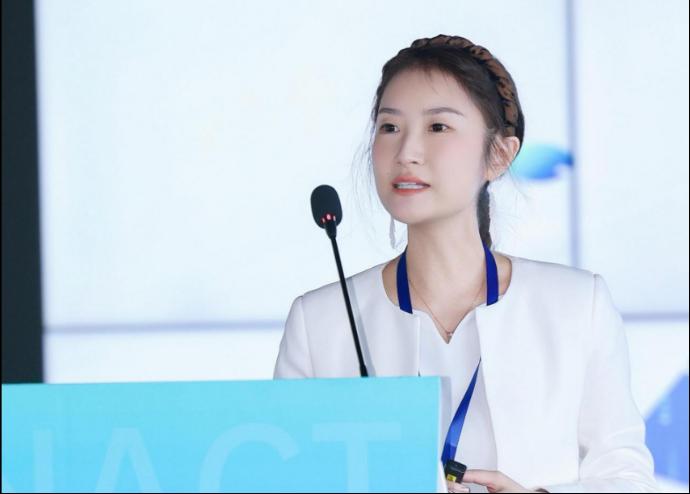
Dedy Permadi, researcher at Gadjah Mada University in Indonesia, shared Indonesia’s experience in AI governance, stated: “Indonesia is committed to building a human-centered AI governance model, emphasizing the importance of digital rationality and resilience. We need to balance technology and ethics to ensure AI development genuinely enhances public welfare and social stability.”
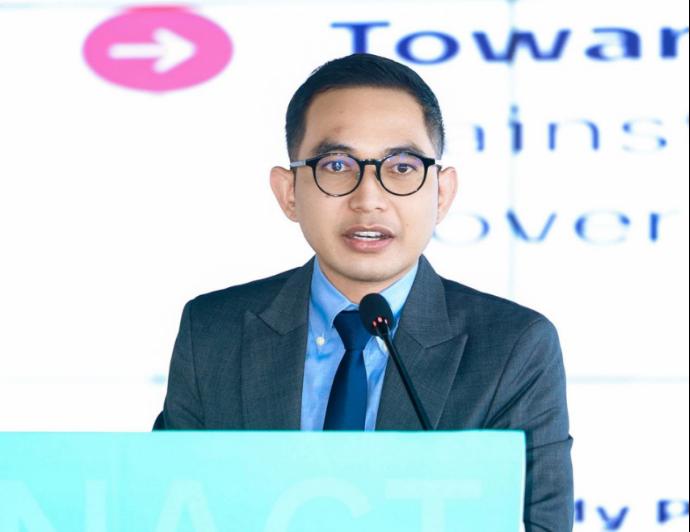
Professor Lu Chuanying, Vice Dean of the School of Political Science and International Relations at Tongji University, stated: “Building an inclusive ‘AI+’ ecosystem should start with infrastructure sharing, information interconnectivity, and industrial demand coordination, establishing a public goods supply system and creating policy consensus and dispute resolution mechanisms to lay a solid foundation for regional AI cooperation.”
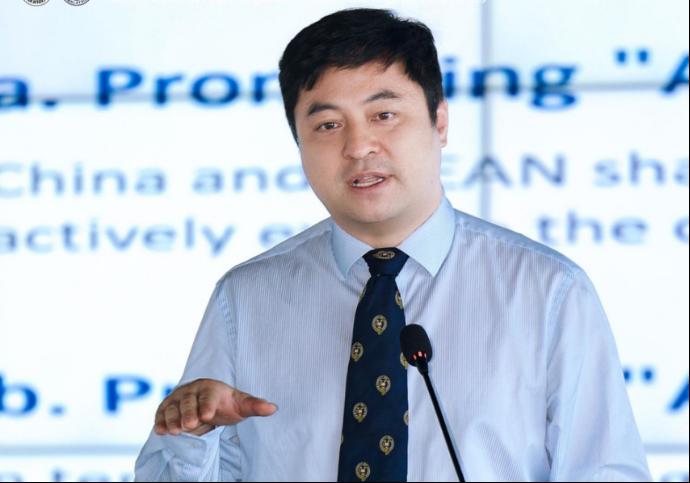
Second Keynote Session
The second keynote session was chaired by Professor Yang Yue, Deputy Director of the Institute of Asian Studies at the China Foreign Affairs University.
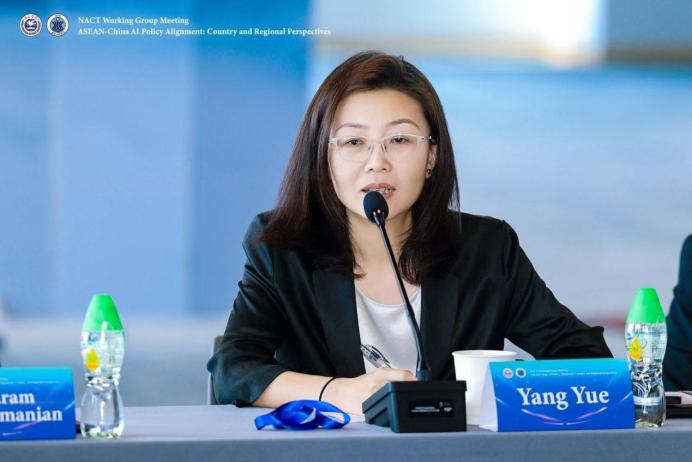
Khankeo Vue, researcher at the Lao Diplomatic Academy, stated: “Laos’ AI development is in its early stages and requires more support from regional partners in infrastructure construction, policy formulation, and talent cultivation. We hope to collaborate with China and ASEAN countries to promote responsible and inclusive AI development.”
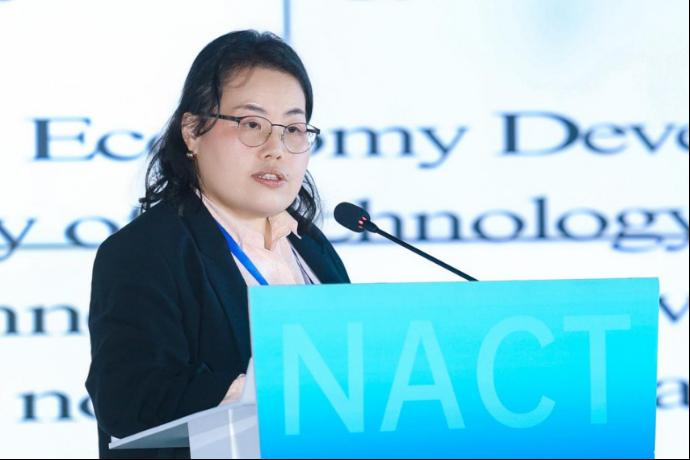
Hanson Chong, researcher at Malaysia’s Institute of Strategic and International Studies, introduced Malaysia’s AI governance vision, stating: “Malaysia’s AI governance framework emphasizes flexible principle-based guidance, involving multiple stakeholders to ensure AI development balances innovation and ethical safety. We look forward to working with regional partners to create a more transparent and adaptive governance system.”
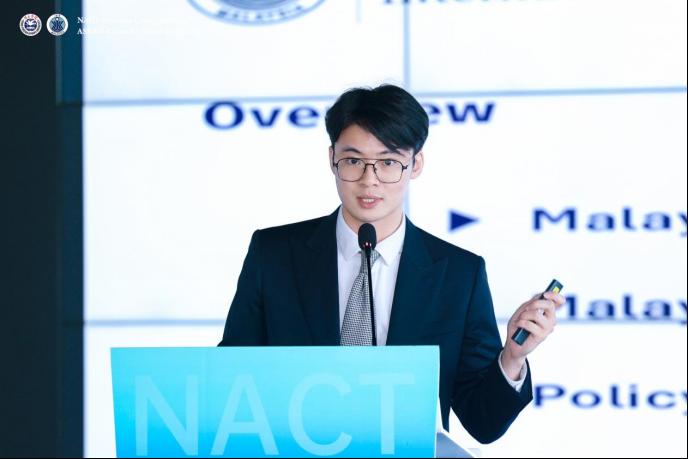
Aye Mar Way, researcher at Myanmar’s Institute of Strategy and International Studies, emphasized: “Myanmar is at a critical juncture in AI policy and digital economy development, urgently needing regional cooperation to address regulatory and governance gaps. We hope to advance Myanmar’s AI infrastructure and governance capacity through ASEAN-China AI cooperation, achieving responsible technology applications.”
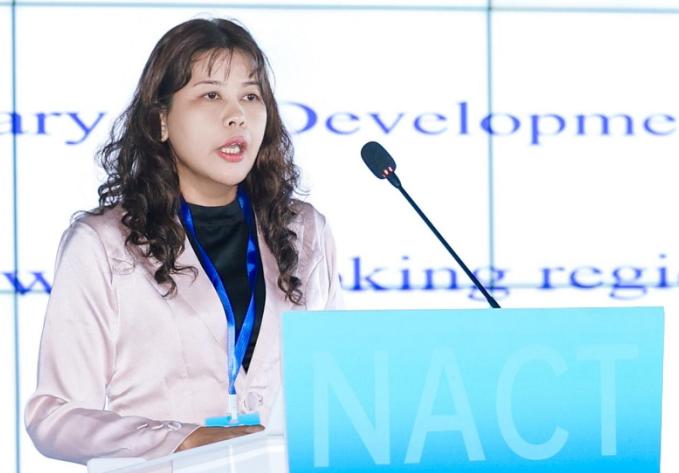
Lloyd Alexander Adducul, researcher at the Philippines Foreign Service Institute, stated: “ASEAN should closely cooperate with China on AI ethical governance to ensure technology applications align with ASEAN’s unique values and ethical standards, promoting coordinated development of technological progress and social welfare.”

Third Keynote Session
The third keynote session was chaired by Hanson Chong, researcher at Malaysia’s Institute of Strategic and International Studies.
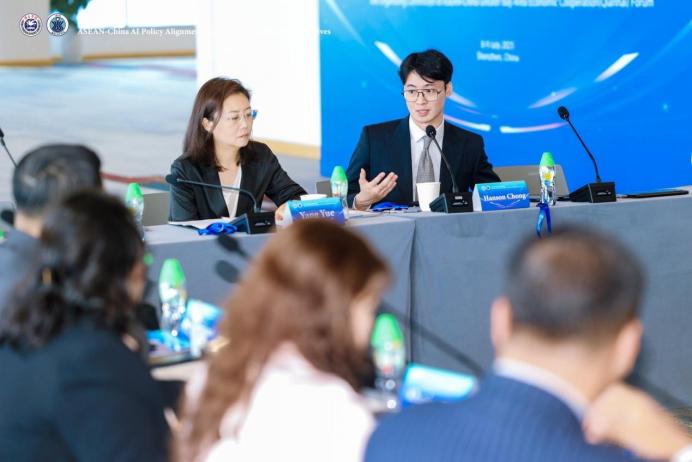
Kong Tuan Yuen, researcher at the East Asian Institute of the National University of Singapore, stated: “Singapore adopts a risk-oriented and sector-specific approach to AI governance. We look forward to strengthening ASEAN-China cooperation in data governance, technical standards, and talent cultivation to build a sustainable regional AI governance system.”
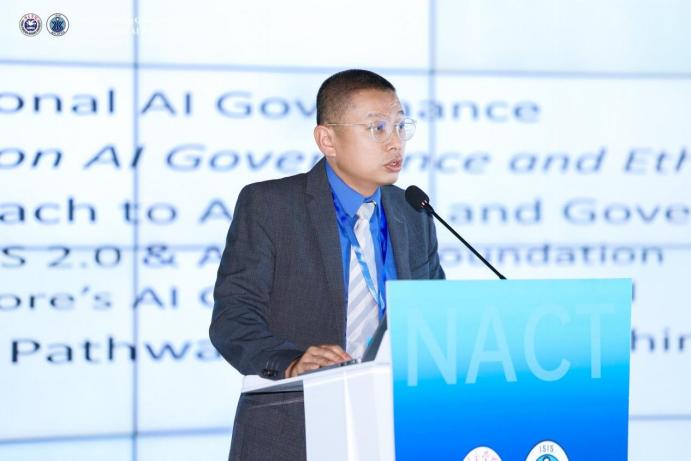
Kampon Lhawpongsawad, researcher at Thailand’s National Electronics and Computer Technology Center, detailed the implementation and challenges of Thailand’s national AI strategy, emphasizing: “Thailand’s AI strategy focuses on infrastructure construction and talent cultivation. We look forward to strengthening cooperation with China and ASEAN partners in technology development and ethical oversight to address shared AI risks.”
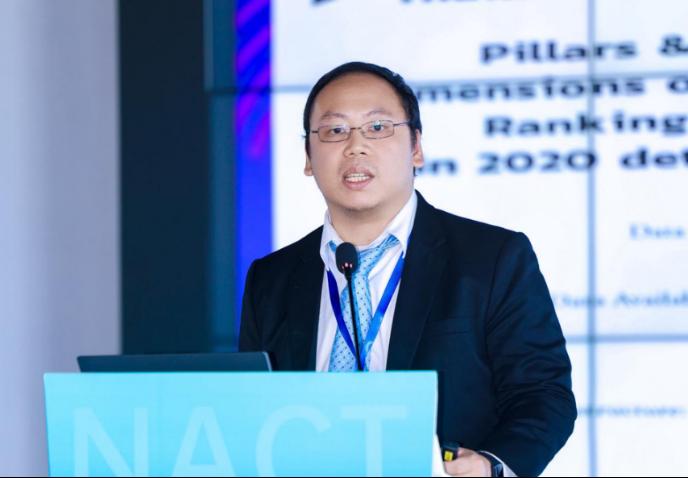
Tu Anh Tuan, researcher at the Diplomatic Academy of Vietnam, analyzed Vietnam’s AI development direction and needs, stating: stating: “Vietnam is committed to building a human-centered, responsible AI governance model, hoping to leverage the ASEAN-China cooperation platform to accelerate AI technology development and application for greater social and economic benefits.”
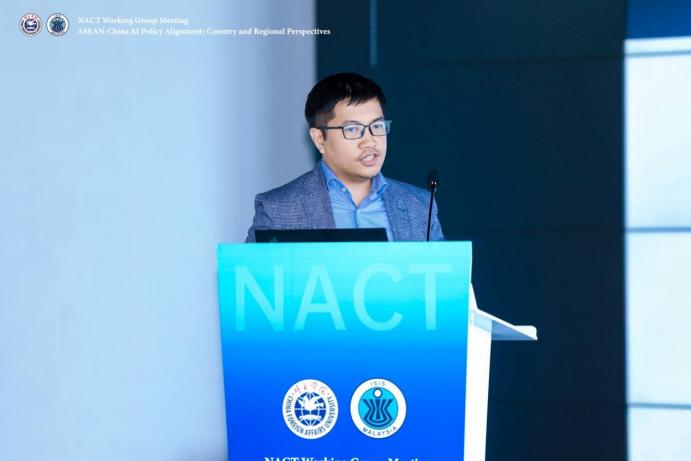
Field Visits to Shenzhen’s High-Tech Enterprises
After the meeting concluded, delegates visited several high-tech enterprises in Shenzhen for field research.
The delegation first visited WeBank, gaining deep insights into how this globally leading digital bank uses AI to optimize financial services. WeBank’s innovative achievements in big data analysis, risk control, and intelligent customer service left a strong impression on the delegates.
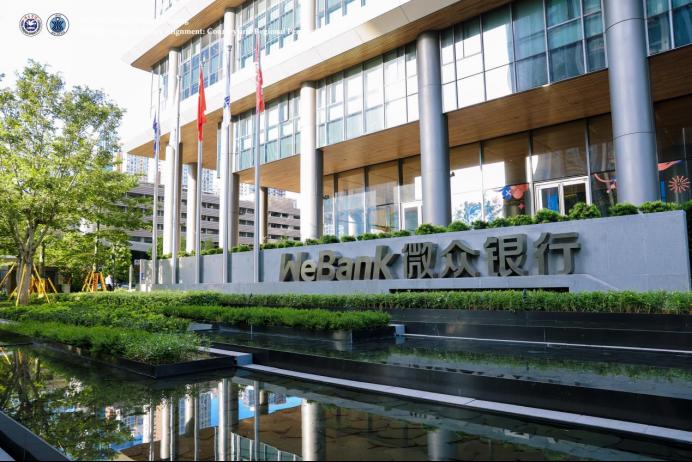
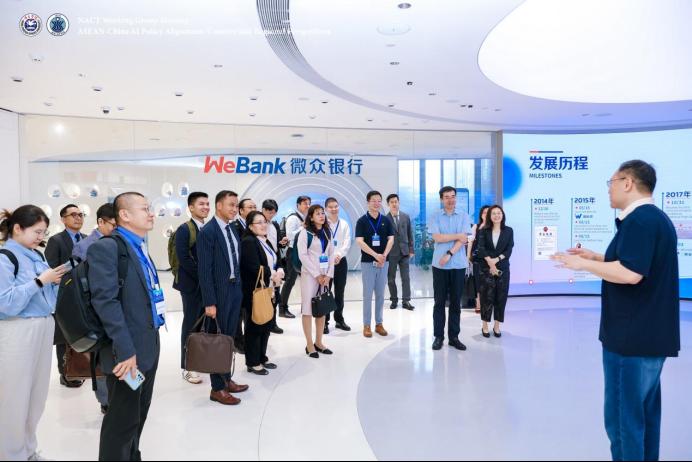
The delegates then visited UBTECH Robotics, a global leader in intelligent robotics, experiencing its humanoid and service robots up close. Through AI-based R&D and innovation, UBTECH showcased to ASEAN delegates the broad application prospects of AI in household services, education, healthcare, and more.
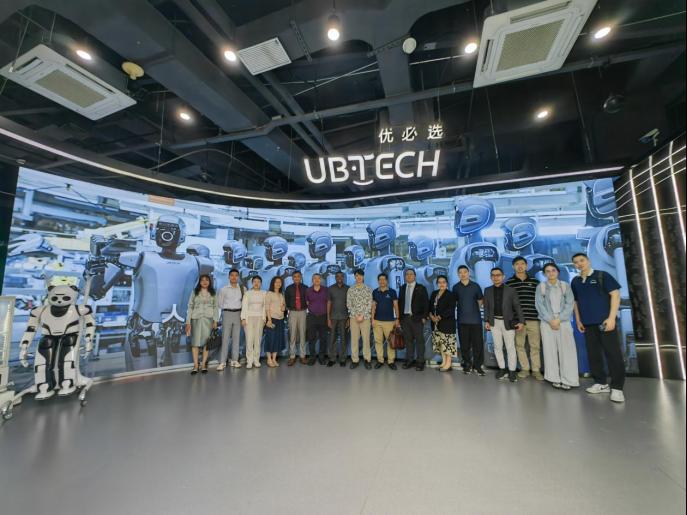
During the visit to the Qianhai Shekou Free Trade Zone, the delegation learned in detail about Qianhai’s leading practices in cross-border trade, fintech, and AI industry policies. Qianhai Free Trade Zone’s successful experiences in policy innovation, legal environment, and international cooperation provided valuable references for the delegates.
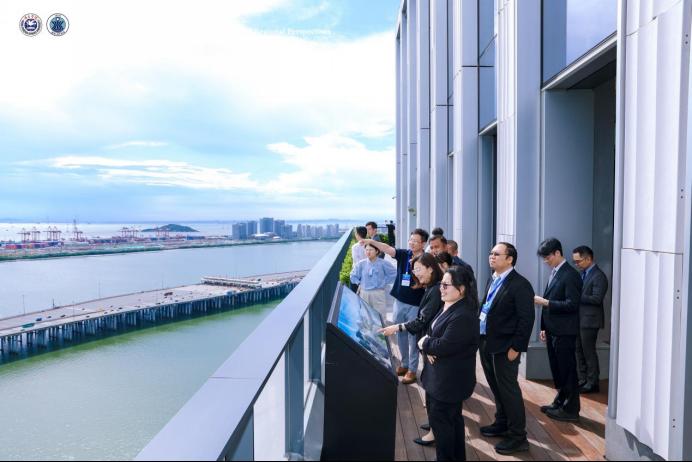
Finally, the delegates visited Tencent’s headquarters, exploring how Tencent leverages its rich technological ecosystem to advance AI applications in social media, gaming, cloud computing, and other fields. Tencent’s diverse achievements in AI R&D and applications inspired delegates to envision further technological cooperation.
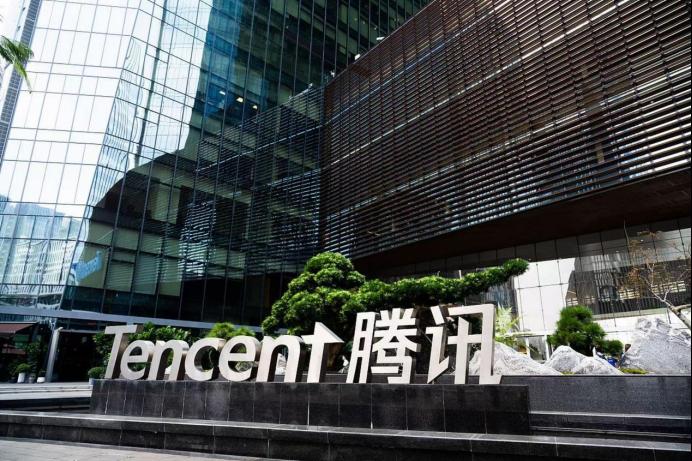
These enterprise visits deepened the delegates’ understanding of Shenzhen’s outstanding achievements in AI industry development and laid a solid foundation for further strengthening AI cooperation between ASEAN countries and China.
Layout | Liu Weirui
Initial Review | Fu Yang
Secondary Review | Li Shufei
Final Review | Gu Zhijun

